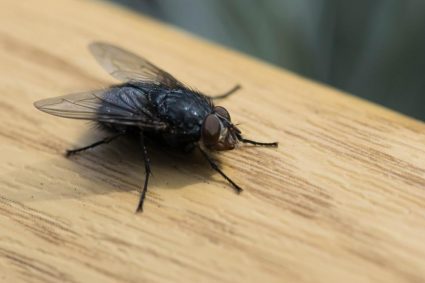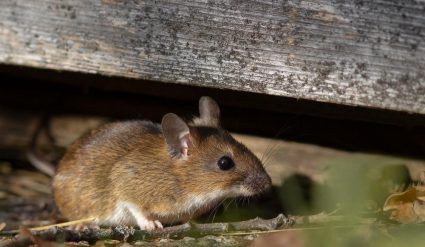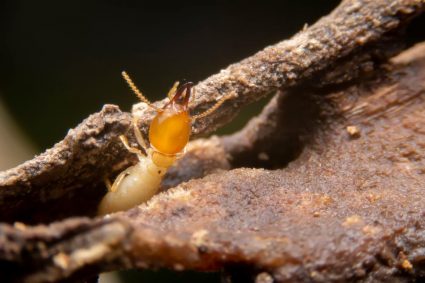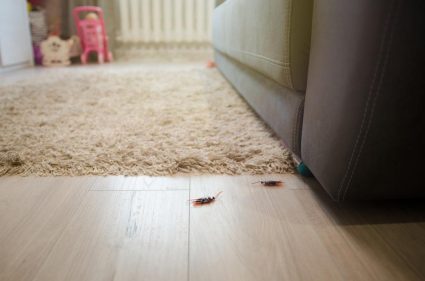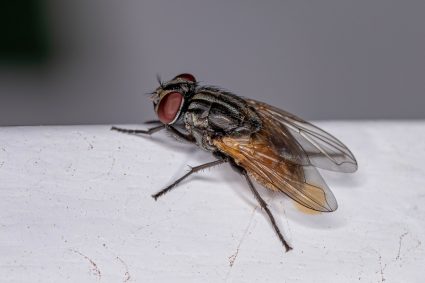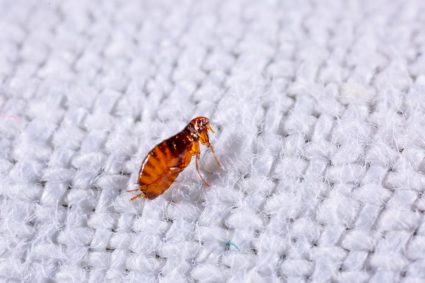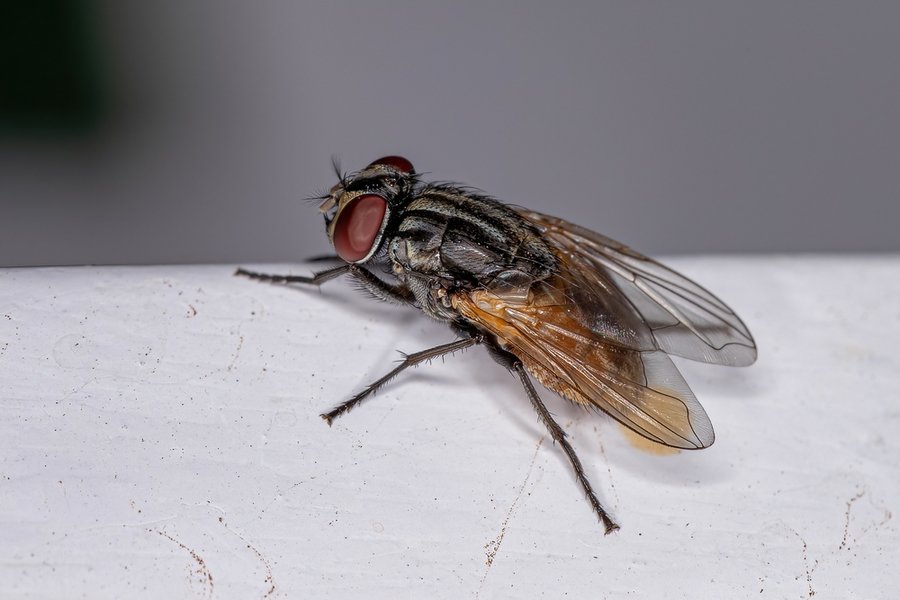
Flies can be the most persistently annoying insects you may encounter in your home.
There are approximately 120,000 species of flies in the world. The most common type of flies found in households includes moth flies, fruit flies, house flies, cluster flies, and blow flies.
Flies are not only an irritating intruder, but they can also prove to be quite hazardous.
Flies feed on garbage, animal carcasses, feces, rotten vegetation, and many more filthy items. This makes them the culprit for spreading disease and illnesses in your living space.
The good news is, flies most dislike several odors. These odors can be used to create the most potent sprays that fly hate and cannot avoid staying away.
Flies, especially house flies, can be dangerous, if not troublesome. In this article, you will learn:
- Flies have a multi-faced mechanism for detecting odor, which includes two antennae on their head, Johnston’s organ for detecting smell, and olfactory receptors on various parts of their body for sensitivity toward the scent.
- Scents most hated by flies include peppermint, eucalyptus, vinegar, lemon, lavender, citronella, and cinnamon.
- You can create sprays using the above oil by mixing water and oil in a 3:1 ratio. Add a few drops of dish soap to the mixture to make it more effective.
- There are alternate ways to get rid of flies, which include physical barriers, traps, predators, and insecticides.
It is important to keep the use of toxic chemicals as a last resort as they are harmful to humans and the environment alike.
If you are annoyed with the sudden invasion of flies in your home and are concerned about the potential harm they can cause or if you would like to generally learn about the most effective sprays you can keep handy in case the problem arises, then this is a must-read article for you.
This article will teach you the different sprays you can use to repel flies.
How Do Flies Smell Odor?
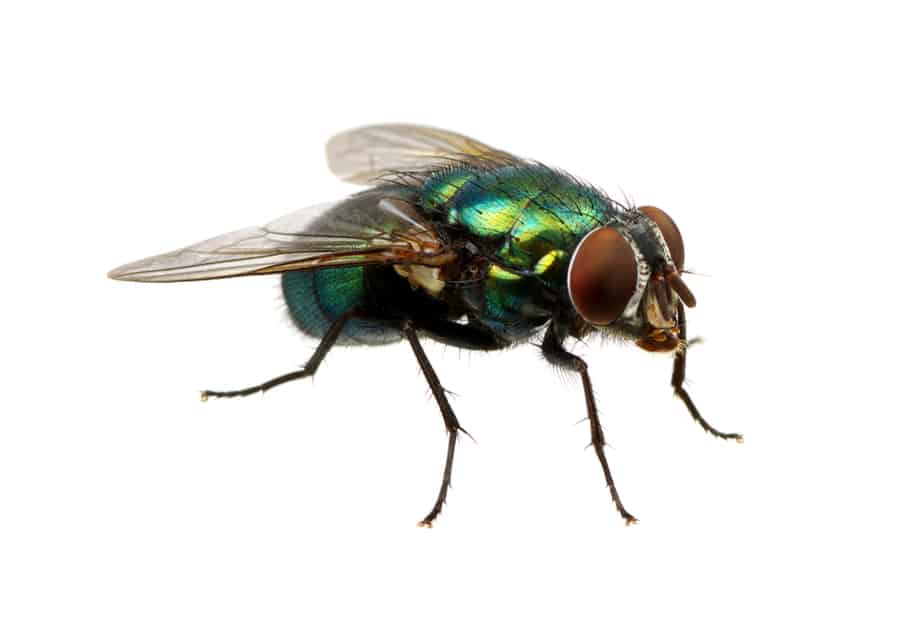
Flies may not have a nose, but they have several ways to detect odor quite efficiently.
House flies can detect odors from up to 4 miles away.
A fly typically has:
- Two antennae on the head contain receptors for detecting smell.
- A structure located in the fly’s antenna is called Johnston’s organ for interpreting smells.
- Olfactory receptors on the legs and other body parts increase sensitivity to smell.
This comprehensive mechanism allows them to detect many odors and smells from great distances. Flies rely on their sense of smell to find food and mating partners.
Smells Hated by Flies
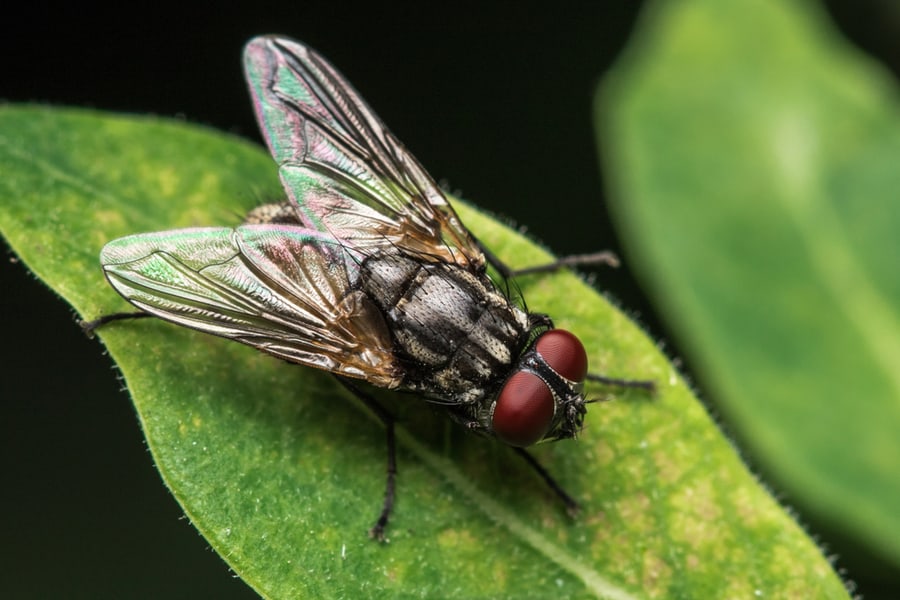
This multi-modal mechanism for detecting smell makes them highly sensitive to certain kinds of odor, which can be utilized to our advantage to keep them away.
Some of the potent scents are:
Peppermint Oil
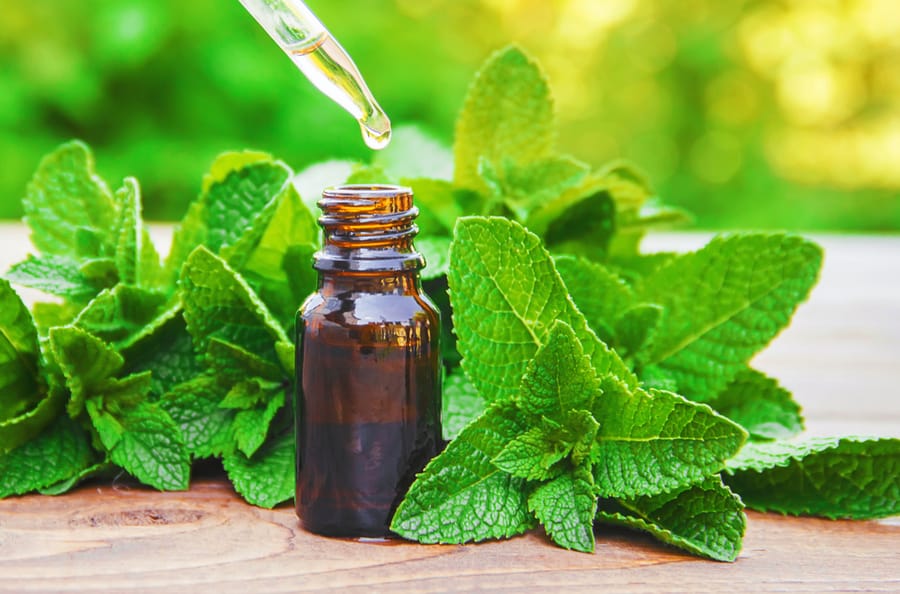
The smell of peppermint can be quite pungent for their system. It causes extreme irritation to their olfactory receptors.
A study published in the Journal of Vector Ecology found that peppermint oil was highly effective at repelling house flies, stable flies, and horn flies for several days.
Lavender Oil
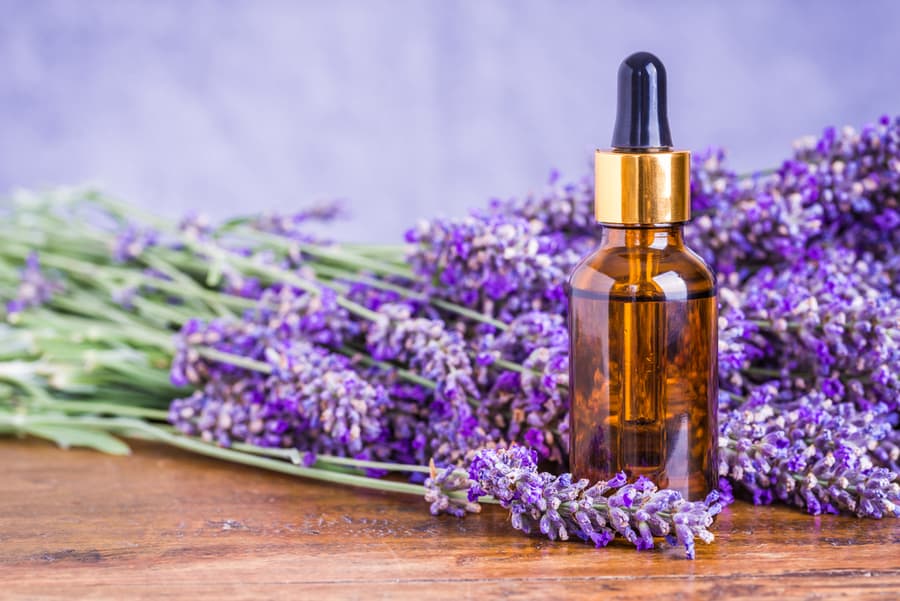
A compound, most likely called terpenes, in lavender oil, makes the fly hate its smell.
Meanwhile, other compounds like camphor and linalool in lavender oil have insect-repelling properties.
It makes lavender oil a highly effective substance that flies hate.
Eucalyptus Oil
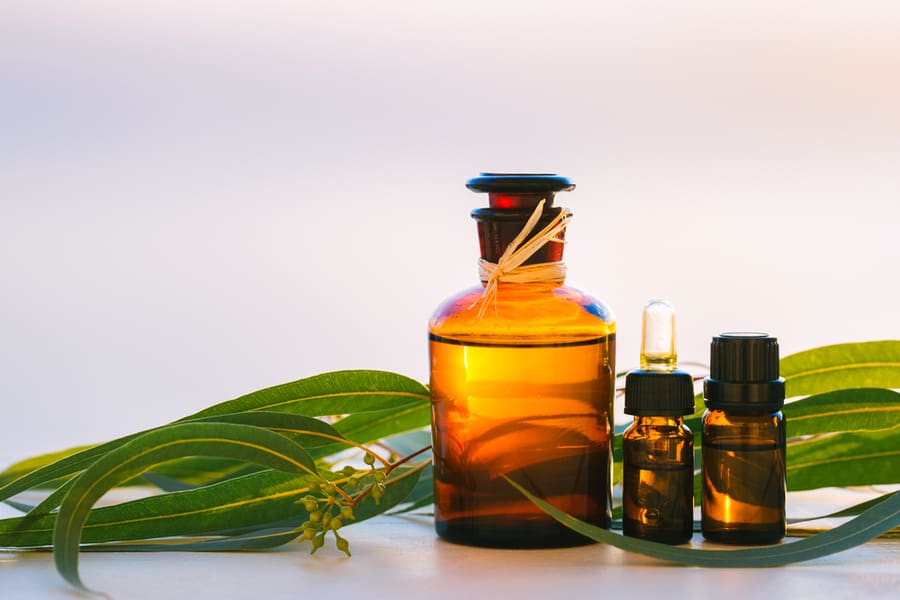
Eucalyptus has a strong scent that obstructs the fly’s line of scent and throws them off from following the smell of food and locating other targets.
It’s no wonder flies hate the smell of eucalyptus.
Vinegar

The acidity of the vinegar is known to disrupt the fly’s nervous system.
Fly’s highly sensitive sense of smell is strongly repelled by the acetic smell of vinegar, making it a potent contender for repelling flies.
Lemon Juice
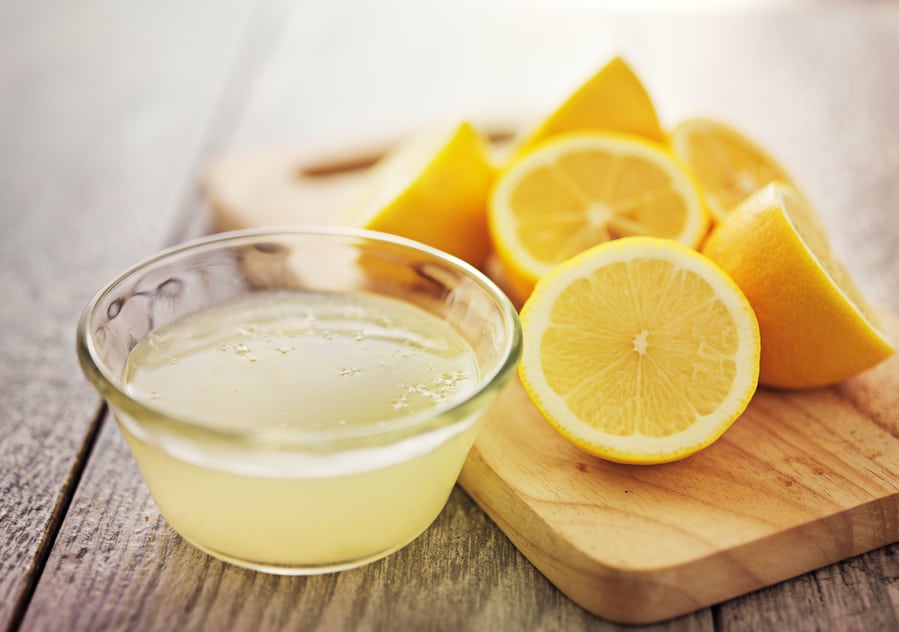
Flies, in general, stay away from all kinds of citrus fruits, but they have a particular dislike for lemon juice due to its high acidic level.
Being a natural bleaching agent, lemon juice damages the exoskeleton of flies, hence flies hate lemon juice and steer clear of areas where it is kept.
Citronella Oil
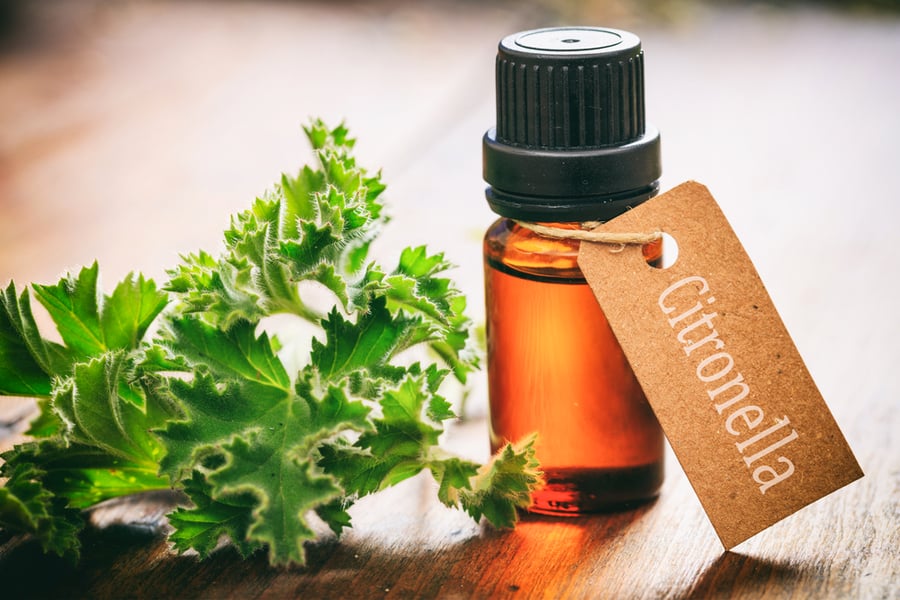
Citronella oil is derived from lemongrass and exhibits a strong citrusy scent that flies find offensive.
It deters them from locating their food and mates, which is vital for survival.
Citronella oil also possesses insecticidal properties that are potent against eliminating flies.
Cinnamon Oil
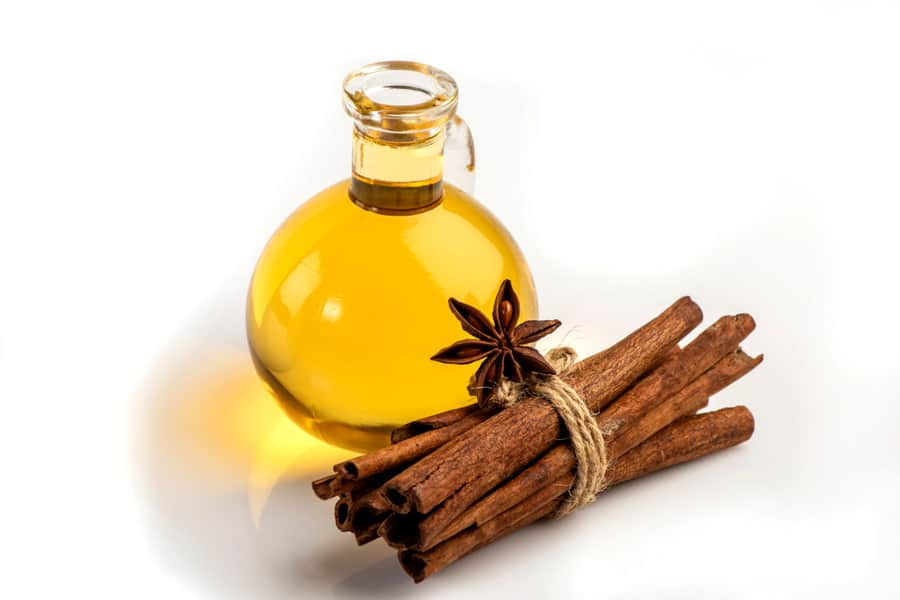
Cinnamon is a versatile spice that has multi-faceted benefits. It is found to be highly effective in hindering bacteria and fungal growth.
Researchers are evaluating its applicability as an effective replacement for harmful pesticides in the agricultural sector, especially in protecting plants through preventive treatments.
The National Center for Biotechnological Information published a research paper evaluating the rich application of cinnamon worldwide. It also mentioned cinnamon oil being suggested as an effective repellent against insects and flies.
A study proved cinnamon oil is quite potent in addressing the issue of keeping flies away when used with vetiver.
Oil Blends
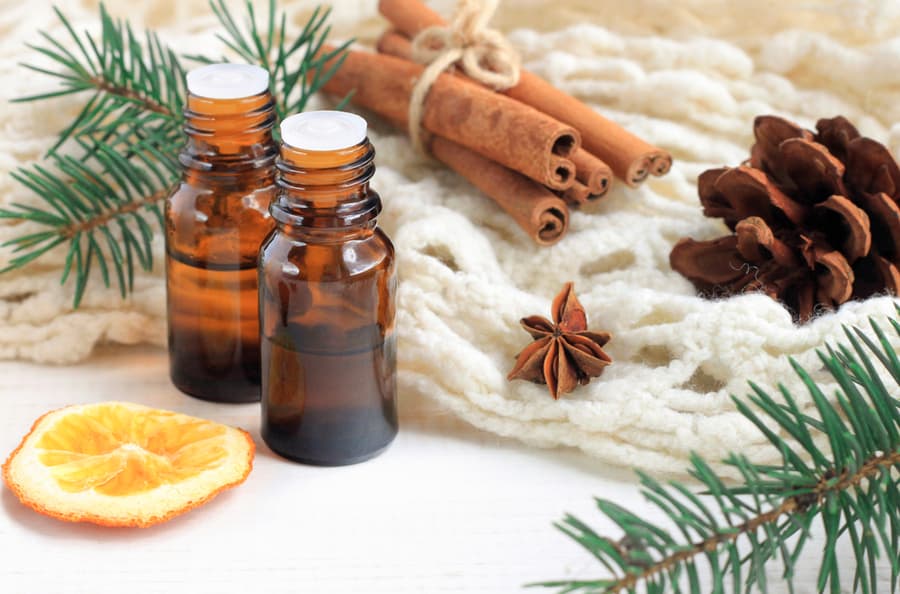
A certain combination of oils is scientifically proven to deter flies.
A study published in the Journal of Environmental Health Science and Engineering found that the blend of essential oils, including clove, cinnamon, lemongrass, and rosemary, was highly effective at repelling house flies.
How To Make a Spray
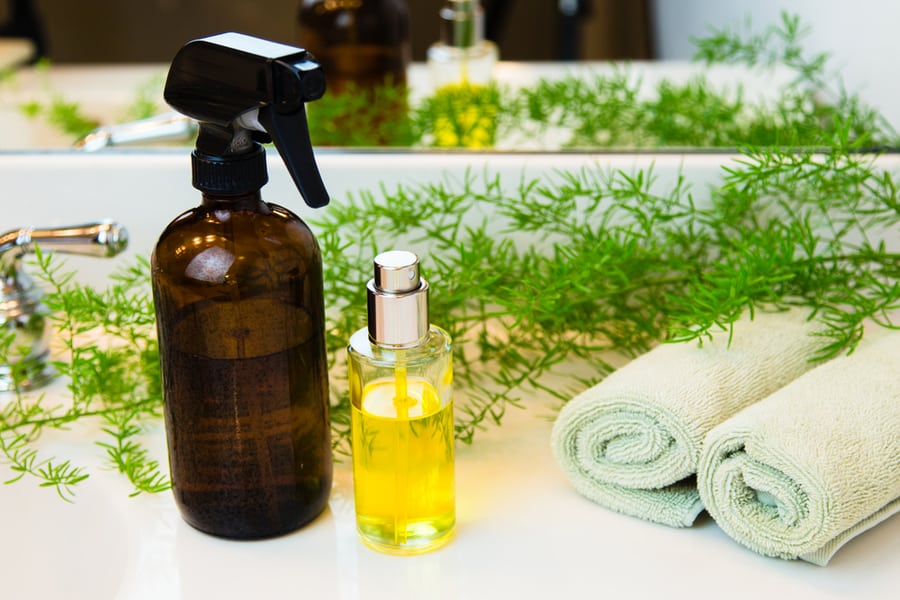
Although there are many commercially available sprays in store in water-based or aerosol form, one can never be sure of their exact content. It can be quite concerning since you aim to use it inside your living space.
Luckily, making one at home is just as easy and effective. Besides, it gives you comfort in the assurance of the non-toxicity of contents being sprayed around in your home while not compromising the potency of the sprayed solution.
To make the DIY sprays most hated by flies, use 3 parts water and 1 part of any of the ingredients listed above.
Pour the above into a spray bottle, and add a bit of dish soap before closing the bottle and shaking it well to make it ready to use.
A few sprays of this mixture will effectively keep the flies away, as they hate the smell.
It works by obstructing their ability to find food and mating partners or overwhelming their system urging them to keep away.
Alternate Measures To Keep Flies Away
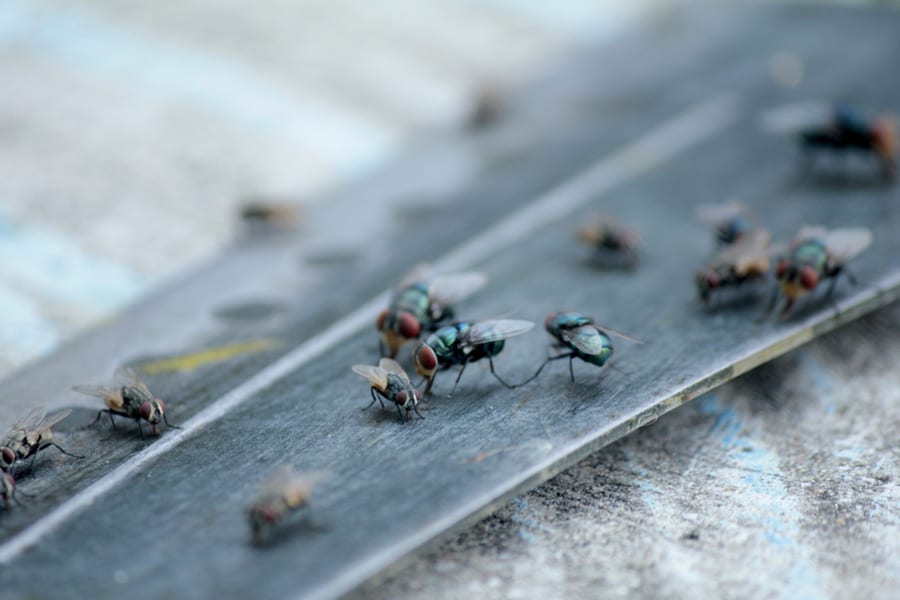
The best way to deal with flies is to adopt measures to make the environment less attractive for them to come and cause potential contamination.
You can use several alternate methods, such as physical barriers, traps, predators, and insecticides:
Physical Barriers

You can use screens on windows and doors to create a physical barrier against the flies.
Traps
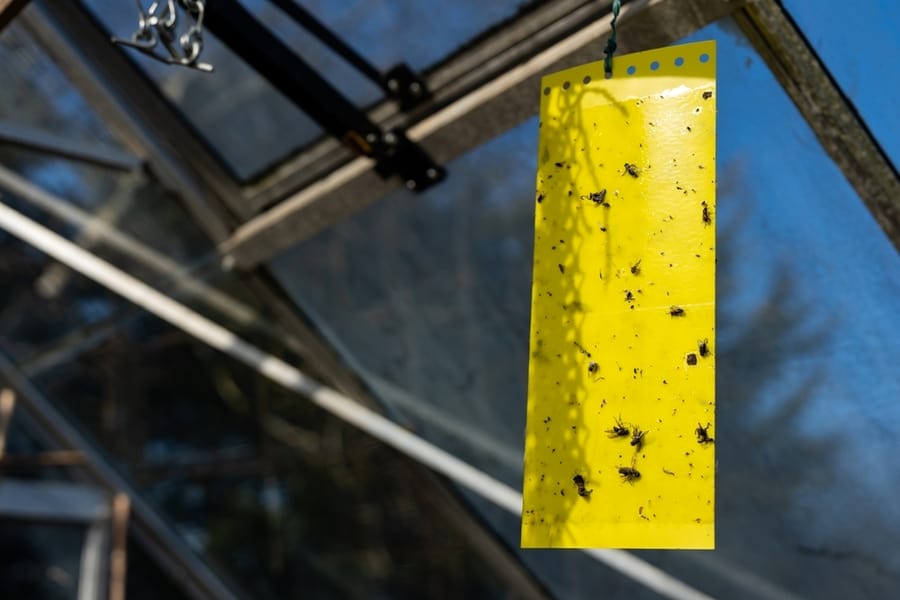
Various kinds of traps can be used against flies; some are:
- Flypaper
- Insect zappers
- Bait stations with attractants
Predators
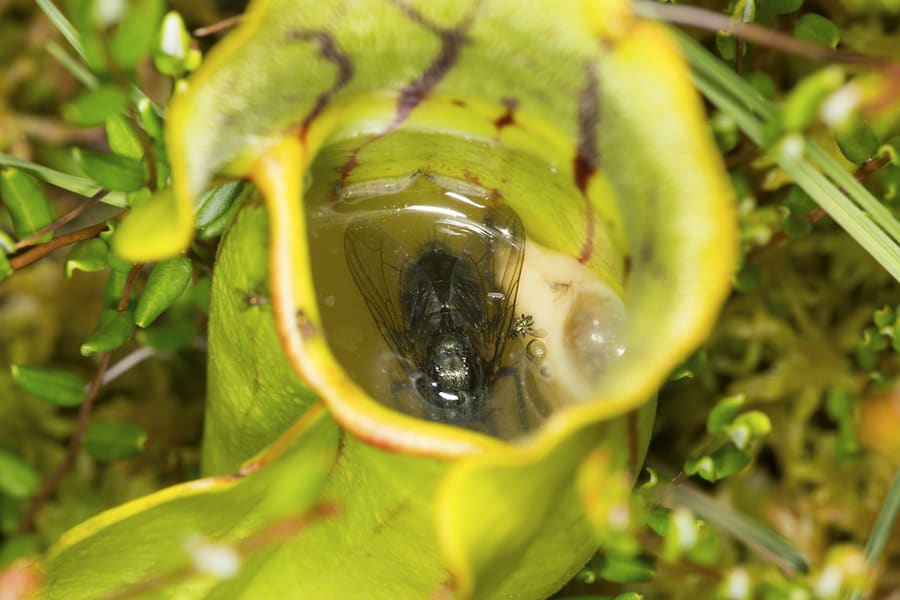
Some popular indoor plants also act as fly predators, which include sundews, pitcher plants, and venus flytraps.
These carnivorous plants can thrive indoors but need to maintain their specific care.
Insecticides
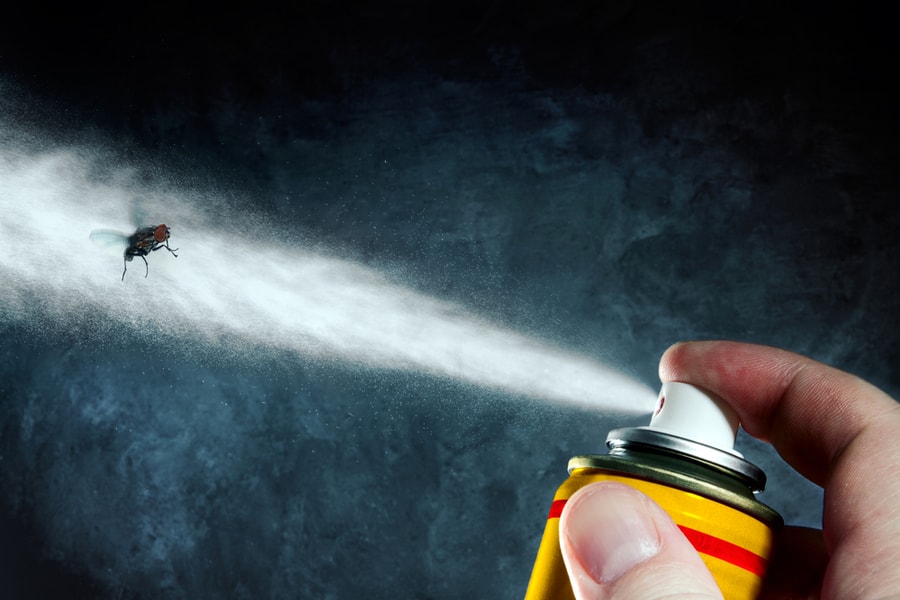
There are scores of insecticides widely available in stores to eliminate flies from living spaces. They are available in aerosol sprays, baits, and foggers.
While using insecticides, it is very important to carefully read the label for instructions, as they are often toxic for humans and pets. Therefore, it is important not to overuse them and restrict quantities to control the toxicity levels.
Try other nature-friendly methods to resolve this and only use them as the last resort when you have exhausted all other options.
Conclusion
It is better to adopt preventive measures to keep the flies at bay. It is as easy as making it a habit to keep the area clean and free of food scraps. It will do wonders to keep the flies from penetrating your environment.
Suppose the flies have intruded into your space; you can create a highly effective spray using peppermint, lavender, cinnamon, lemon juice, eucalyptus, vinegar, or citronella oil, as flies hate the smell.
It is too much for their system and stays away from areas with these aromas lingering about.
Once the problem is dealt with, you can use these sprays periodically as a preventive measure to keep flies away from your space.
Since they are created with organic ingredients, you can rest assured that they are safe to use as your kitchen item. Not to mention, keep your house smelling heavenly at the same time.
Frequently Asked Questions
Do Flies Hate the Smell of Garlic?
Yes, garlic is considered quite potent in repelling flies. Flies hate the strong odor of garlic because it masks the scent of food and other targets.
However, some people might not enjoy the lingering smell of garlic and find it unpleasant.
What Smell Do Flies Love the Most?
Flies love the smell of rotting vegetables, feces, and garbage. Fruitflies, in particular, are most attracted to sweet-smelling sugary and fermented scents.

